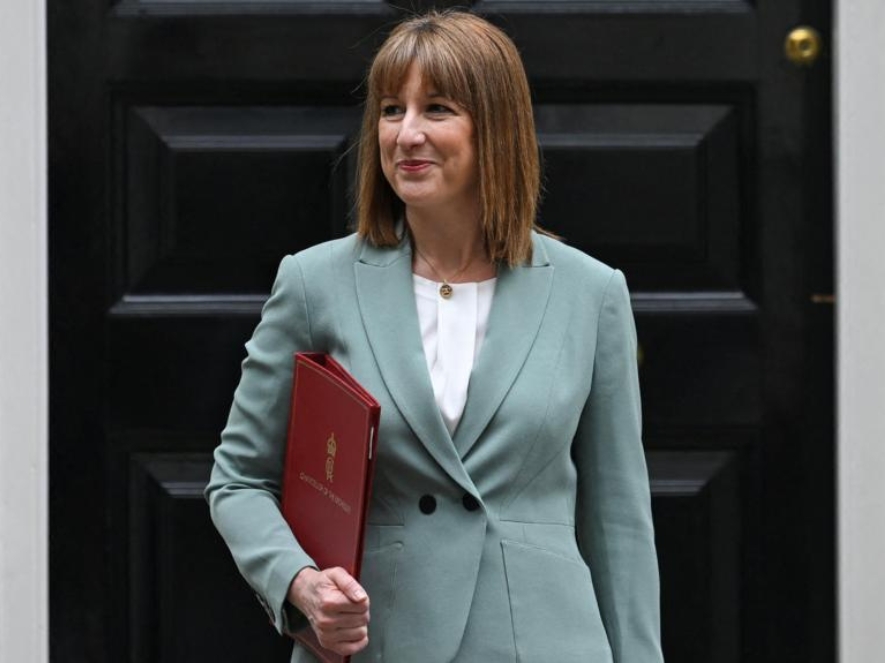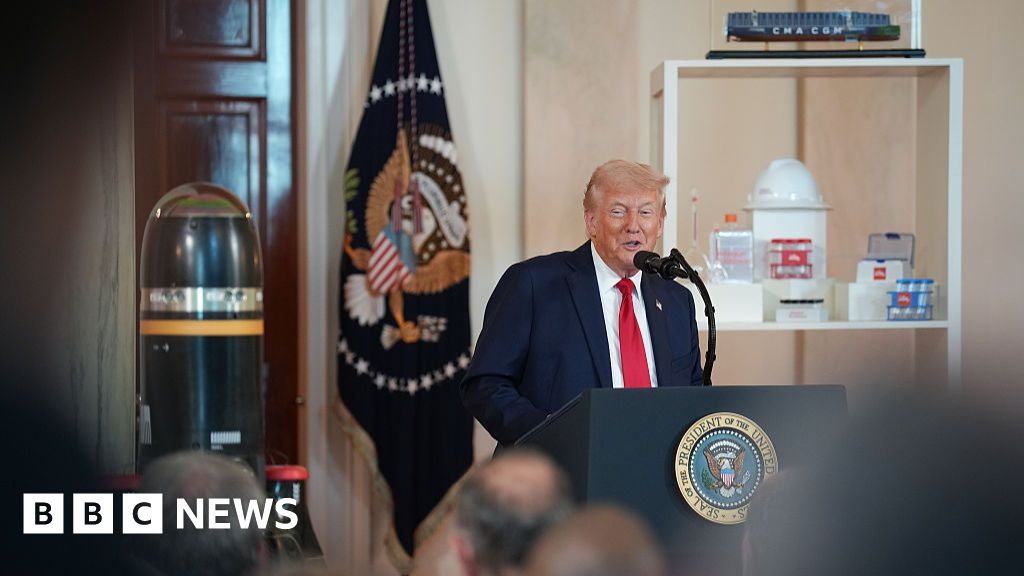NHS Awarded £29bn in Spending Review; Social Care Funding Overlooked

Chancellor of the Exchequer Rachel Reeves unveiled a significant Spending Review, allocating an additional £29 billion annually to the National Health Service (NHS), while initially providing limited details on adult social care funding. Reeves emphasized her commitment to improving the financial well-being of working people across the country, framing the review as a continuation of efforts to stabilize the economy.
The core of the health-related announcements was the substantial £29 billion per year boost for the NHS throughout the Spending Review period. This figure represents an approximate 3% real-terms annual increase, positioning the Department of Health and Social Care as a major beneficiary of the review.
Secretary of State for Health and Social Care, Wes Streeting, lauded the Chancellor's decision, expressing confidence that the allocated funds would be sufficient to "get our NHS back on its feet." He attributed the current lower waiting lists to the Labour government's choices and stated that the new funding would facilitate the delivery of their "Plan for Change" and build a future-ready NHS.
In contrast to the prominent NHS funding, adult social care received scant mention in Reeves' direct address to the House of Commons. However, the full Spending Review document later clarified that over £4 billion in funding has been allocated for adult social care in the 2028-29 period, a notable increase compared to 2025-26. The document also indicated that Labour has increased the NHS's minimum contribution to adult social care.
During her speech, Reeves briefly addressed the social care sector, acknowledging that "Fixing our NHS also means delivering fundamental reform across social care." She announced government backing for the first-ever Fair Pay Agreement for the social care sector, aiming to improve conditions for its workforce.
Despite these clarifications, the initial brevity regarding social care is expected to draw mixed reactions from care providers. Many have been campaigning for months for greater investment and a clear strategy to address the sector's challenges. The limited focus in the main speech may not satisfy these calls, especially following continuous warnings that an overemphasis on NHS funding could sideline social care.
Organizations like the NHS Confederation and the Health Foundation had previously stressed that the NHS cannot achieve sustained improvement without parallel investments to enhance social care services. Rory Deighton of the NHS Confederation highlighted that historically, protecting NHS funding while cutting other crucial areas often leads to higher long-term costs. Groups such as ADASS and The Homecare Association had also submitted formal requests to HM Treasury for increased care funding.
The Spending Review address by Reeves outlined phase two of Labour's financial plans for all government departments over the next three years. A key principle articulated was that day-to-day public service spending would be financed through taxes and income, whereas long-term investments would be funded via borrowing.
Several significant financial commitments had been announced prior to this review. These included a reduction in the overseas aid budget, an additional £5 billion annually for defence, £1 billion for the extension of free school meals, and a £15.6 billion package for transport developments in Greater Manchester and the Midlands. Furthermore, it was confirmed that Winter Fuel Payments would be reinstated for three-quarters of pensioners, reversing an earlier decision to tighten eligibility.
In her address, Reeves reaffirmed defence as a high priority, with spending set to increase to 2.6% of GDP by April 2027. She then detailed further budget allocations across various sectors.
Key new allocations included £550 million in transformation funding aimed at preventing children from entering the care system. The government also committed to ending the use of hotels for asylum seekers by 2029 and providing up to £280 million per year for the Border Security Command by the end of the Spending Review period.
Significant investments were announced for infrastructure and future technologies. This included a £30 billion commitment to a nuclear-powered future, support for a third runway at Heathrow Airport, and continued £15.6 billion transport spending for England's city regions.
For skills and innovation, £1.2 billion was allocated for training and upskilling young people. Research and development funding will see £22 billion per year, with £2 billion specifically earmarked for Labour’s AI action plan.
Housing received a major boost with a pledge of £39 billion over the next decade for social and affordable housing, described as the largest cash injection in this area for 50 years. Prison reform is also on the agenda, with plans for 14,000 new prison places and £700 million annually for probation services.
Finally, policing budgets will see a £2 billion increase in spending, and school budgets are set to rise by £4.5 billion a year, reflecting broad investments across public services.








